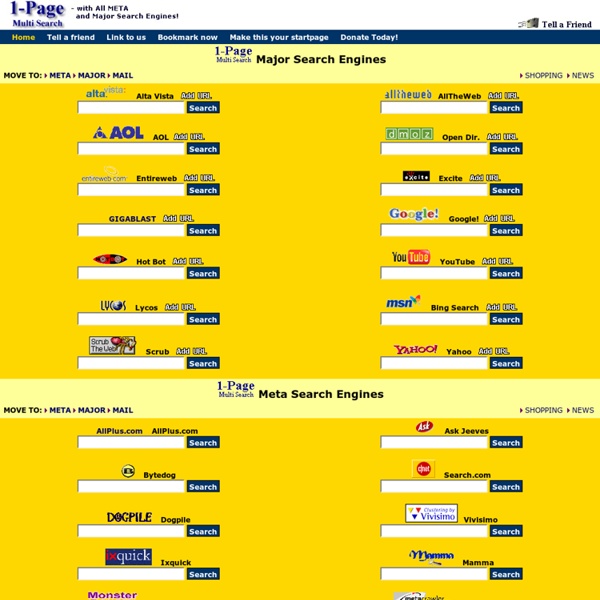



Social Media Resources If you're a trainer, educator, librarian or geek, statistics on social media are a must. Here are a few that I've found recently, together with sources. 1) Global Active Internet Users now totals 3.175 Billion, that’s nearly half of the world’s population (7.357 Billion). 2) As for Social Media, there are over 2.206 Billion active users, a global penetration of 30%. 3) There are 3.734 Billion Unique Mobile Users as of this quarter, accounting for a 51% worldwide penetration. 4) 1.925 Billion users utilise their mobiles for Social Media platforms. 5) Social Media users have risen by 176 Million in the last year. 6) 365 Million active mobile social users have been added over the same time span, an incredible total growth of 541 Million. 7) Facebook adds ½ million new users every day; 6 new profiles every second. 8) Mobile users constitute half of the world’s population, and 2 million smart phones are sold worldwide every single day. 11) 75% increase in Facebook video posts since 2014
Meta search engine | Mother of All Search Engines - Mamma.com Open Access in Australia – Australasian Open Access Strategy Group Australian institutions with Open Access mandates, policies or statements Australian funding body open access policies Page last updated 28 October 2015 Like this: Like Loading... Search with Sizzle Search in Archie Welcome to archie.icm.edu.pl Search for: Database: Worldwide Anonymous FTP Polish Web Index Search Type: Sub String Exact Regular Expression Case: Insensitive SensitiveDo you want to look up strings only (no sites returned): NO YESOutput Format For Web Index Search: Keywords Only Excerpts Only Links Only Optional Search Parameters You can use as many terms as you like in your query, as long as you separate them by spaces. You can also limit the search results to match a directory path (this is optional): Or to exclude search results that match a directory path you don't want (this is also optional): If you want to limit the search so that it only looks in certain domains (such as ca, edu or com), enter one or more in the following boxes: Maximum Hits: Maximum hits per string matched (valid for non-exact searches): Maximum string matched (valid for non-exact searches): Wersja polska | Help | Simple Search
Moteur de recherche KartOO theconversation Australia spends more than $30 billion a year on projects which produce “grey literature” - documents which are produced by government departments, academic institutions, private companies and more. But despite all this effort, Australia lacks a standardised mechanism to curate and freely distribute grey literature. There has never been a better time, than right now, to investigate opportunities into improving our country’s memory. Government agencies allocate billions of dollars, each year, to research projects and programs. These activities produce research papers, conference papers and other forms of grey literature. Examples of these agencies include The Australian Research Council and The National Health and Medical Research Council. Students in the higher education sector also produce high quality grey literature in the form of Theses and Dissertations. The importance of grey literature The inability to find information quickly impacts innovation and stunts collaboration.
Online College Blog and School Reviews | 100 Useful Tips and Tools to Research the Deep Web By Alisa Miller Experts say that typical search engines like Yahoo! and Google only pick up about 1% of the information available on the Internet. The rest of that information is considered to be hidden in the deep web, also referred to as the invisible web. Meta-Search Engines Meta-search engines use the resources of many different search engines to gather the most results possible. SurfWax. Semantic Search Tools and Databases Semantic search tools depend on replicating the way the human brain thinks and categorizes information to ensure more relevant searches. Hakia. General Search Engines and Databases These databases and search engines for databases will provide information from places on the Internet most typical search engines cannot. DeepDyve. Academic Search Engines and Databases The world of academia has many databases not accessible by Google and Yahoo! Google Scholar. Scientific Search Engines and Databases Science.gov. Custom Search Engines CustomSearchEngine.com. Del.icio.us.